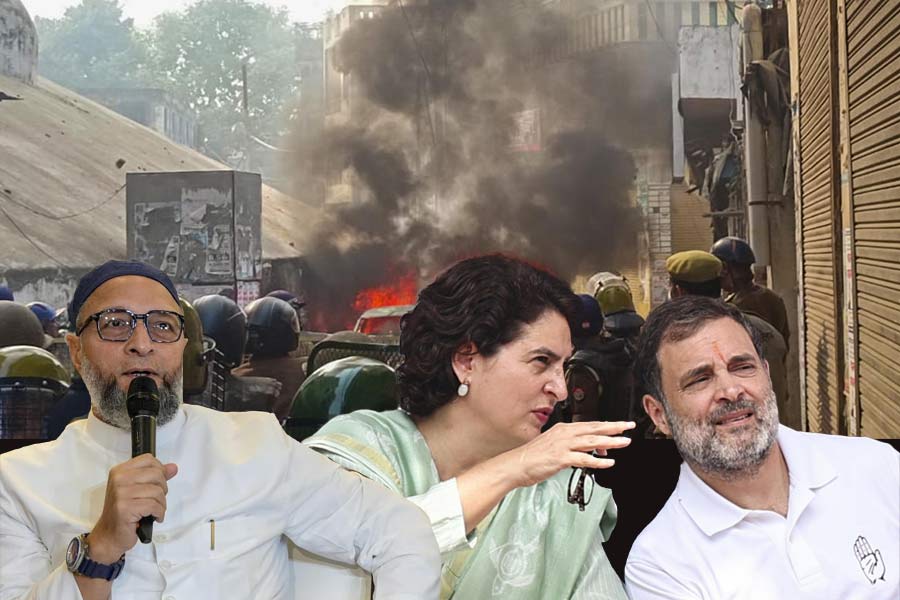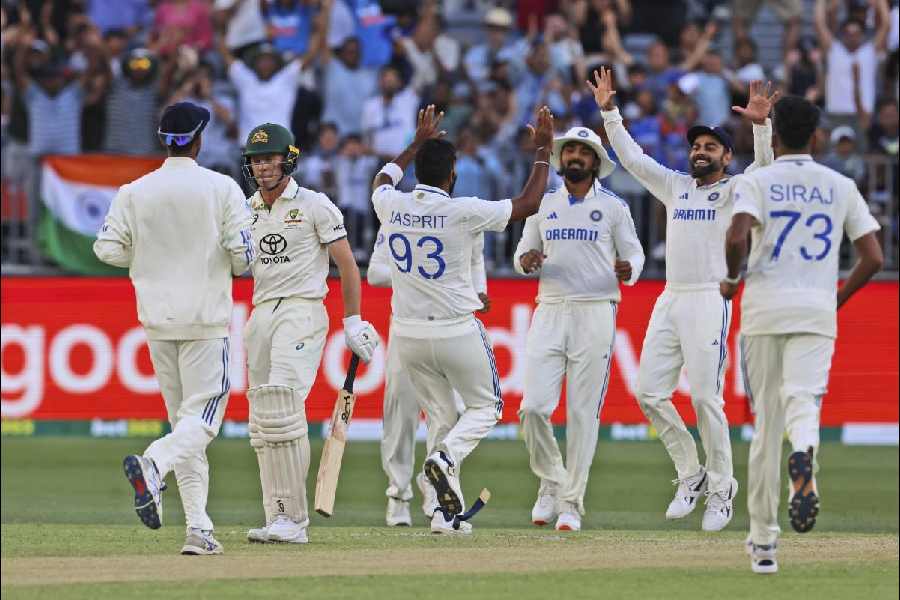The cricket World Cup — it begins today — has, arguably, returned to the home of cricket. England, the alma mater of the gentleman’s game, last hosted the tournament 20 years ago along with Wales. The two countries are the joint hosts for the 12th edition of the championship. The host team, in the middle of a purple patch in terms of performance, would be keen to lift its maiden title. But England’s rivals, including the Men in Blue, are not pushovers exactly. The ferocity of the competition is likely to raise the standards of cricket that is going to be played this English summer. The new format for the tournament is likely to sharpen the competitive edge. Each team is supposed to play one another as part of the draw, with the top four teams qualifying for the semi-finals. A fixture like this is fair: it would ensure that the best teams advance after testing their mettle against all of their opponents. It is thus unlikely that there would be any sore losers. In fact, there is a case for the International Cricket Council to persist with such a format for the future editions of the World Cup. The only sore voices happen to be those pushing the cause of the Associate teams. This World Cup is a novelty in two other ways. It is the first time that the tournament is being hosted without complete representation of all the Test-playing nations; it is also the first time that Associate teams have found the doors closed after failing to qualify for the tournament. The ICC seems to have prioritized quality over representativeness as far as this year’s World Cup is concerned.
There is a rationale for the ICC’s choice. The World Cup, so far, had been viewed as a premier event in terms of popularity and revenue. But it has its rival in, predictably, such Twenty20 tournaments as the wildly popular Indian Premier League. Raising the standards of the competition by weeding out the minnows is one way of bringing the crowds back to the 50-over game. It must, however, be conceded that the longevity of the World Cup is a testimony to its public endorsement. It also remains the principal flag-bearer of greatness as far as ODI cricket is concerned.













